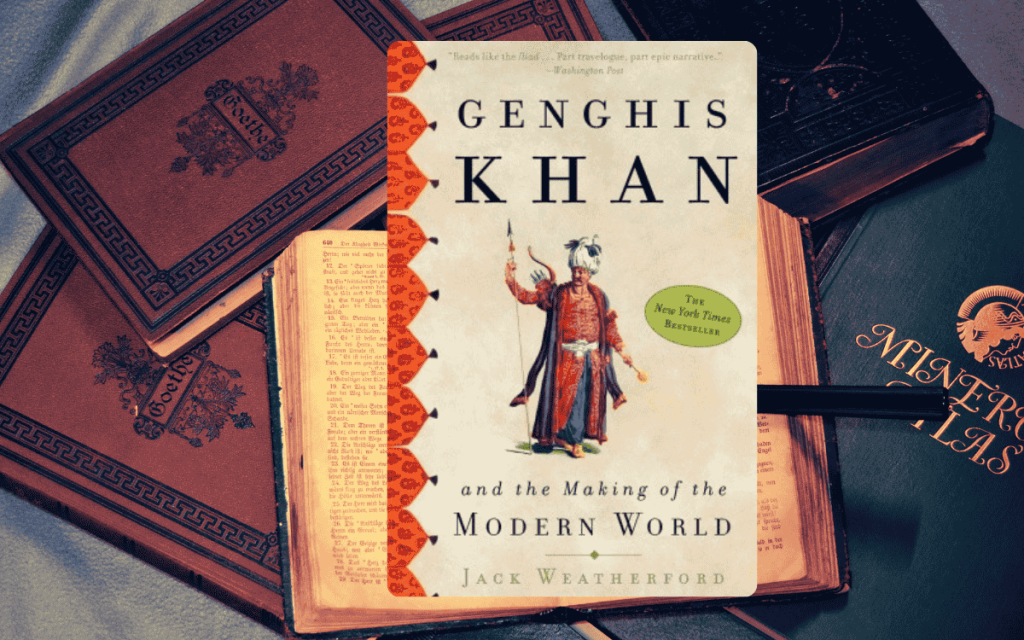
Genghis Khan and the Making of the Modern World
Genghis Khan and the Making of the Modern World: A Review of Jack Weatherford’s Masterpiece
Jack Weatherford’s Genghis Khan and the Making of the Modern World offers a compelling reinterpretation of one of history’s most misunderstood figures. Far from the stereotypical image of Genghis Khan as a ruthless barbarian, Weatherford paints a nuanced portrait of a visionary leader whose empire-building profoundly influenced the modern world.
The Legacy of Genghis Khan
Weatherford delves into the Mongol Empire’s unprecedented achievements, highlighting its revolutionary contributions to governance, trade, culture, and technology. Through meticulous research, he reveals how Genghis Khan established one of history’s most efficient administrative systems, promoting religious tolerance, meritocracy, and the rule of law across his vast empire.
The book emphasizes the transformative role of the Mongols in creating the first globalized economy. Their trade routes, famously known as the Silk Road, connected East and West, fostering the exchange of goods, ideas, and innovations that laid the groundwork for the Renaissance and beyond.
Breaking Stereotypes
One of Weatherford’s greatest achievements is dismantling the Eurocentric narrative that dismisses the Mongols as destroyers. Instead, he illustrates how they were agents of progress. For example, the book discusses how the Mongols revolutionized warfare with their adaptable strategies, but also how they supported science, art, and education in conquered territories.
Engaging Storytelling and Accessibility
Weatherford’s writing is accessible and engaging, making the book suitable for both casual readers and history enthusiasts. His storytelling brings the Mongol world to life, weaving in anecdotes and primary sources that enrich the narrative. The author’s journeys to Mongolian sites and his use of archaeological evidence add authenticity to his arguments.
SEO-Friendly Highlights for Curious Readers
- Key Topics: Genghis Khan’s leadership style, the Mongol Empire’s cultural influence, and their global legacy.
- Who Should Read: Fans of world history, leadership strategies, and those curious about the origins of globalization.
- Impact on Modern World: The book explains how Mongol policies resonate in today’s systems of governance, trade, and international law.
Conclusion
Genghis Khan and the Making of the Modern World is more than a biography; it is a revisionist history that challenges readers to rethink their understanding of a pivotal figure. Jack Weatherford’s meticulous research and storytelling illuminate how the “barbarian” Genghis Khan laid the foundations for the interconnected, modern world we live in today.
If you’re looking for a thought-provoking read that bridges the gap between ancient history and contemporary relevance, this book is a must-have on your reading list.